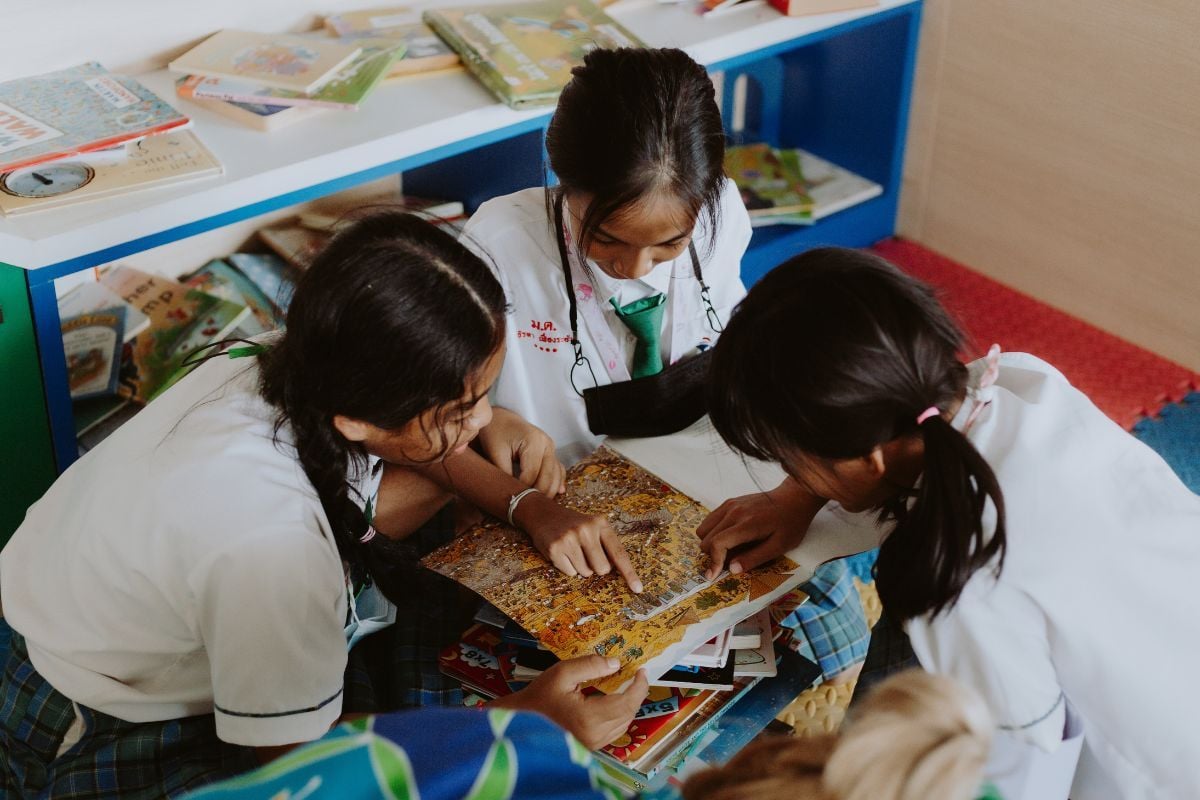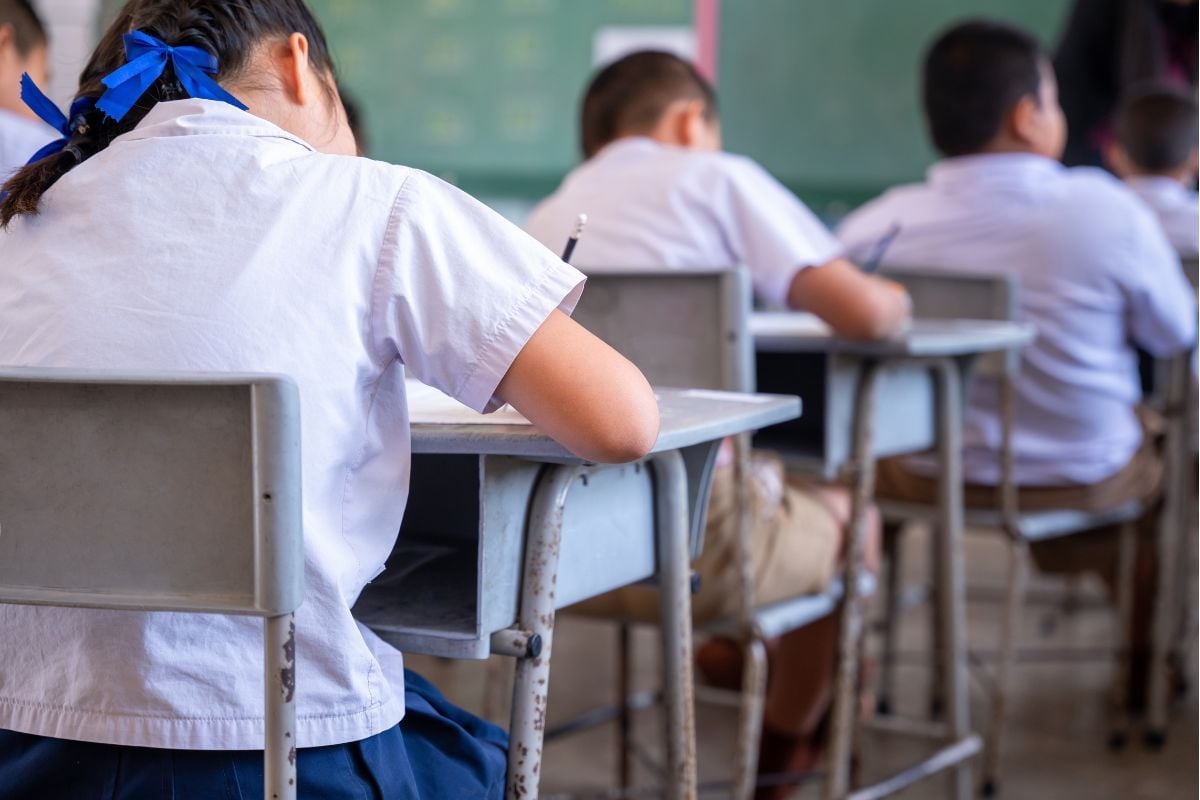Thai education system demands reform after poor global rankings
Experts cite low PISA scores and a national literacy rate lagging behind regional peers

Thailand’s education system faces renewed scrutiny following international assessments that rank Thai students in the lower half of global performance tables. Education experts caution that without comprehensive reforms, Thailand risks lagging further behind its regional peers in literacy and skills development.
This urgent need for change was underscored at the Beyond Assessment: Driving Educational Change Forum held in Bangkok last week. According to the World Population Review 2025, Thailand’s literacy rate, at 94.1%, lags behind Brunei at 97.6%, Singapore at 97.5%, the Philippines at 96.3%, Indonesia at 96%, Vietnam at 95.8%, and Malaysia at 95%.
Ong-art Naiyapatana, Director of the Office for National Education Standards and Quality Assessment (ONESQA), noted that Thai students consistently underperform in the OECD Programme for International Student Assessment (PISA), which evaluates maths, science, and reading literacy.
“We need to rethink our approach. Reform is essential if we are to empower Thailand’s future through stronger evaluation.”
The OECD Skills Strategy Thailand report, released in July, echoes this urgency by highlighting a shortage of digital skills in Thailand. Despite the Digital Council of Thailand’s aim to boost overall digital literacy to 70% by the end of this year, only 1% of the population currently possesses advanced digital skills.
Ong-art mentioned that ONESQA is transitioning from Internal Quality Assurance (IQA) to External Quality Assurance (EQA), shifting its role from evaluator to “supportive coach.” This new model encourages schools to focus on Self-Assessment Reports (SARs) and collaborate with external experts to address their specific challenges.

Linthiporn Varinwatchararoj, acting Deputy Education Minister, emphasised that evaluation should be seen as a catalyst for change rather than a bureaucratic process.
“Assessment is a tool for policy transformation. ONESQA is a strategic partner in ensuring Thailand’s education system becomes competitive on the global stage.”
Ong-art added that ONESQA has launched an Automated QA Platform, providing schools with real-time feedback and significantly shortening evaluation cycles from five years.
Piriya Pholphirul, Director of the Centre for Development Economics Studies, pointed out that reforms are most effective in regions with high quality and low inequality. He advocated for increased support for schools in lower-performing areas to help elevate baseline standards.
View this post on Instagram
Latest Thailand News
Follow The Thaiger on Google News:


























